The early actions and declarations of President Trump have swung even greater world interest to Washington D.C., where his frequent direct messaging to over 27 million Twitter followers has clearly disrupted the traditional methods of news gathering and dissemination by the White House press corps.
This is but one example of how the personal inter-connectivity of billions of people has enabled entrepreneurs and social influencers to disrupt traditional business models and behaviour on an unprecedented scale. Based on a C2C formula of mass direct contact between suppliers and end-users, Airbnb has a higher company valuation than the Hilton hotel group and Wall Street values Uber more than Ford. In this framework, consumer-to-consumer might easily be crowd-to-crowd.
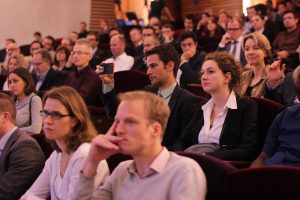 At Crowdsourcing Week we connect people with the most groundbreaking ideas and best practices in crowd innovation and crowdsourcing to help them keep pace with fast moving trends and developments in the 14 parts of the crowd economy landscape. Through our global conferences, consultancy and online education we help organisations to transition and thrive in the new economy.
At Crowdsourcing Week we connect people with the most groundbreaking ideas and best practices in crowd innovation and crowdsourcing to help them keep pace with fast moving trends and developments in the 14 parts of the crowd economy landscape. Through our global conferences, consultancy and online education we help organisations to transition and thrive in the new economy.
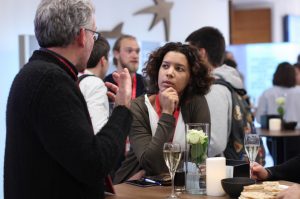 CSW Summit D.C. will bring national and international speakers, panelists and delegates together in an intensive day. Speakers and panelists will represent key exponents and influencers of the crowd economy, and delegates will include C-suite level executives, entrepreneurs and anyone in government agencies, start-ups and non-profit organizations who wants to seek out and harness open and collaborative solutions. Speaker sessions will be rapid fire to maintain high energy levels through the day, with valuable networking opportunities throughout the event.
CSW Summit D.C. will bring national and international speakers, panelists and delegates together in an intensive day. Speakers and panelists will represent key exponents and influencers of the crowd economy, and delegates will include C-suite level executives, entrepreneurs and anyone in government agencies, start-ups and non-profit organizations who wants to seek out and harness open and collaborative solutions. Speaker sessions will be rapid fire to maintain high energy levels through the day, with valuable networking opportunities throughout the event.
Washington D.C. has its own share of disruptive players in the crowd economy. As examples, GeniusRocket is a creative video agency powered by a curated crowd of close to 600 creative professionals. Popularise brought crowdsourcing and citizen engagement to D.C.’s commercial real estate market through asking residents what kind of buildings and businesses they want in their neighbourhood, and lets them vote on proposals. D.C. is also home to crowdfunding platform Fundrise which enables those residents to invest directly in high quality real estate developments. To date, Fundrise has enabled more than 80,000 people across the US to invest nearly $3bn.
Current crowd-related issues include proposed law changes announced last month to make it easier, and legal, for Internet service providers (ISPs) to both gather and sell personal information including web browsing history. This has upset many people who are concerned about privacy issues, and on another level people could also claim that if it’s their data that’s going to be sold they ought to be able to control it and earn something themselves. A number of crowdfunding projects launched very swiftly with an aim to buy and publish the web browsing histories of the lawmakers who are in favour of the legislative changes. One that is aiming to raise $500m had received pledges of almost $87,000 in its first 8 days, though one that set a far more modest target of $10,000 had significantly over-achieved to nearly $210,000 in a similar time scale.
Looking to the future, President Trump insists he will bring about a $1trillion investment in infrastructure to fix ailing roads, bridges, railroads, dams and airports, and thus boost employment. People think back to major projects like the construction of the Hoover Dam and 41,000 miles of freeways, and a recent poll by CNN found 79% of Americans want this increased spending. Yet the most effective infrastructure improvements may be the smartest ones rather than the largest ones, and some with hardly anything to see at all.
For example, replacing the Federal Aviation Administration’s air traffic control radio technology with GPS will allow aircraft to fly closer to each other, take more direct landing approach routes and reduce stacking. All of which reduces flying time for the benefit of passengers, airline fuel consumption, and some of the people living under flight paths. Airports will be able to increase their flight capacity without having to build new runways. Existing resources and infrastructure will be able to achieve more. It’s a $30bn project with few outward signs that it’s happening.
 According to US Energy Department estimates, demand for electricity will be cut in 10 years by an amount equal to the output 44 large power plants (1000 megawatts each) simply through maintaining the current conversion rate to using LED lightbulbs. For energy customers it would deliver total savings of more than $30 billion at today’s electricity prices. Development of improved battery storage capacity will flatten out the supply of sustainable solar and wind generated energy. Better treatment of wastewater will see more of it recycled back in to water tables; in recent years Singapore has introduced new water treatment technology to replace 40% of its freshwater consumption. Major construction projects such as new power stations and dams are not always going to be the answer as there will increasingly be smaller, lower cost, smarter solutions.
According to US Energy Department estimates, demand for electricity will be cut in 10 years by an amount equal to the output 44 large power plants (1000 megawatts each) simply through maintaining the current conversion rate to using LED lightbulbs. For energy customers it would deliver total savings of more than $30 billion at today’s electricity prices. Development of improved battery storage capacity will flatten out the supply of sustainable solar and wind generated energy. Better treatment of wastewater will see more of it recycled back in to water tables; in recent years Singapore has introduced new water treatment technology to replace 40% of its freshwater consumption. Major construction projects such as new power stations and dams are not always going to be the answer as there will increasingly be smaller, lower cost, smarter solutions.
Bringing about such developments is itself faster, easier and lower cost through crowdsourcing ideas and harnessing collective intelligence through open innovation. NASA has already used crowdsourcing to provide astronauts with better tools and equipment to use in the International Space Station. This story was presented at CSW Europe 2016 by Joe Griston, Regional Director for Europe at Freelancer.com. In order to involve the whole nation in open innovation and collective intelligence perhaps the top infrastructure priority should be to expand broadband internet connectivity to the 25% of the nation that does not have it. Lack of adequate internet access reduces opportunities for education, employment, citizen engagement and mass data collection to manage resources.
This is all contributes to an exciting and stimulating backdrop for CSW Summit D.C. on June 15. Early registration is possible here with Super Early Bird ticket prices, and agenda details will be posted as we confirm them. We hope to see you there.

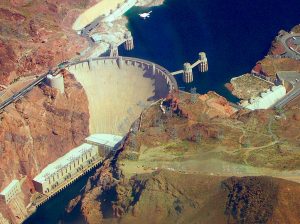
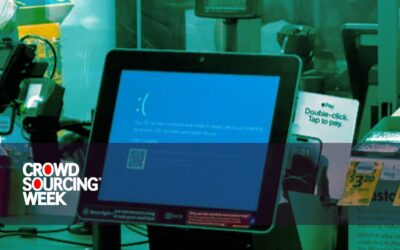

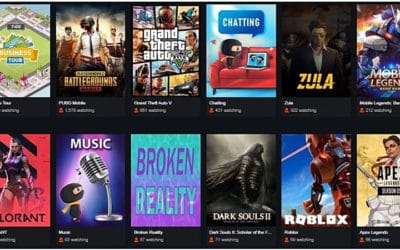
0 Comments